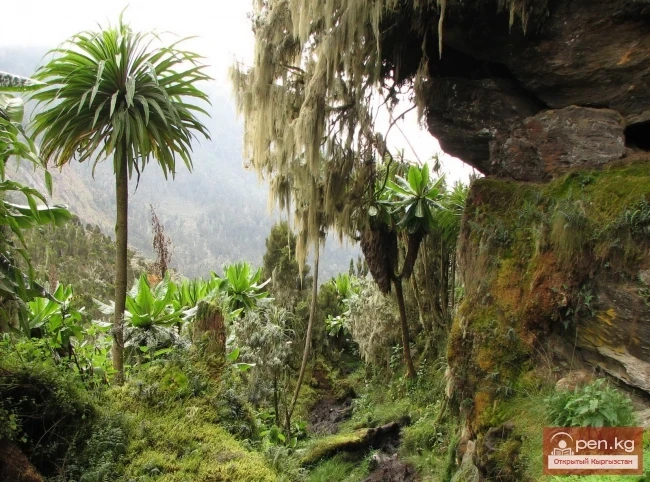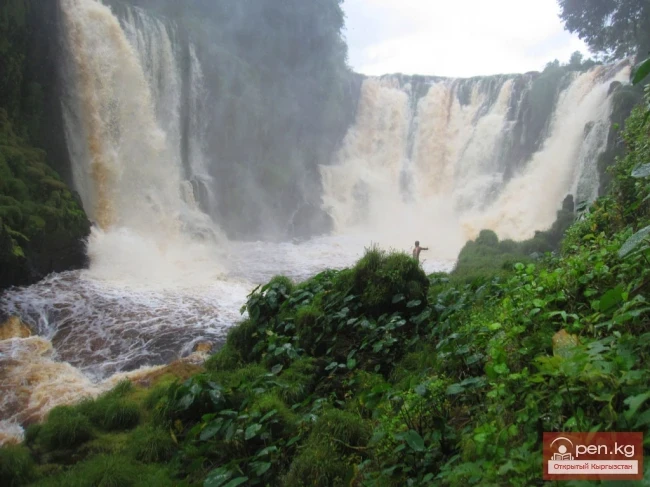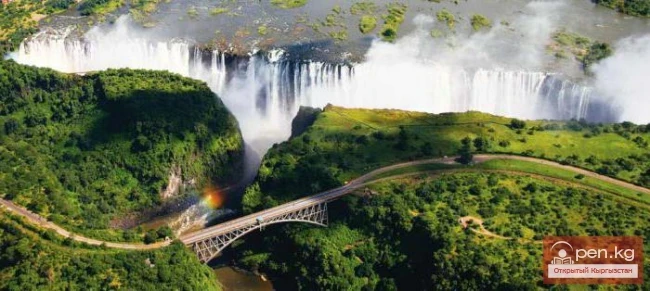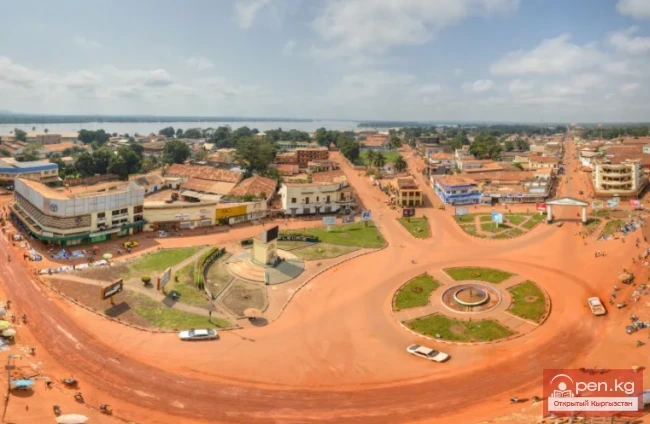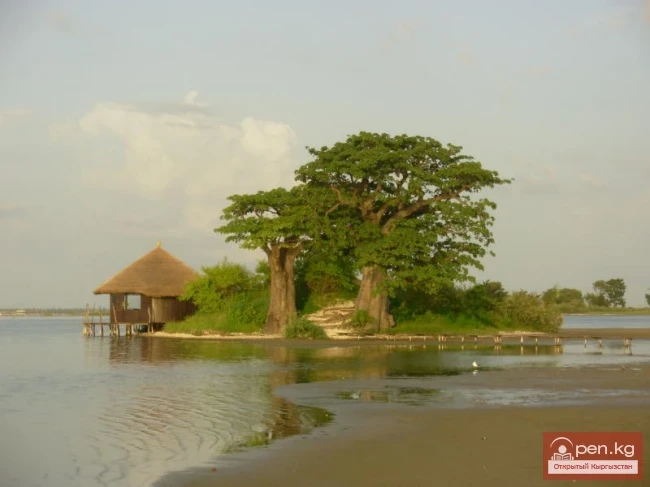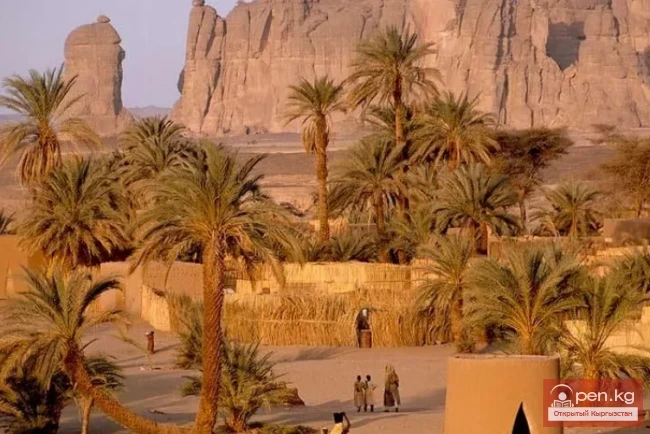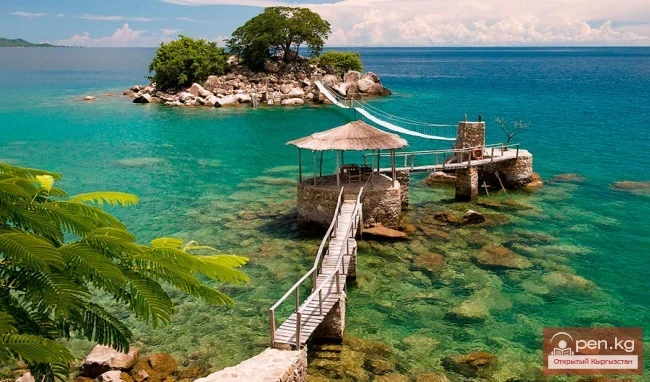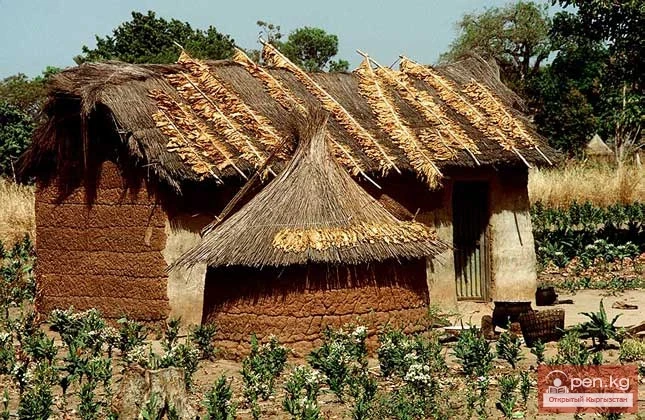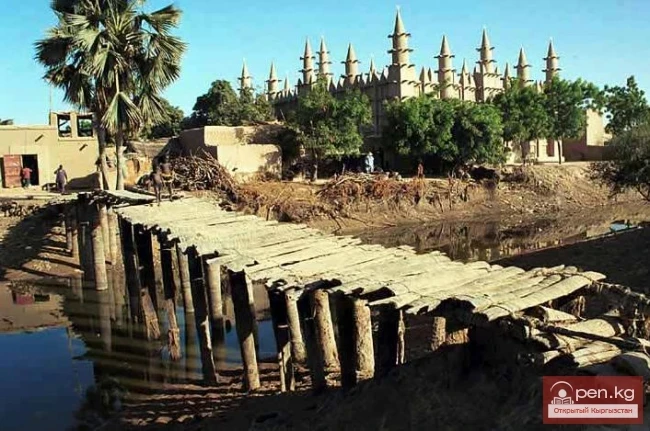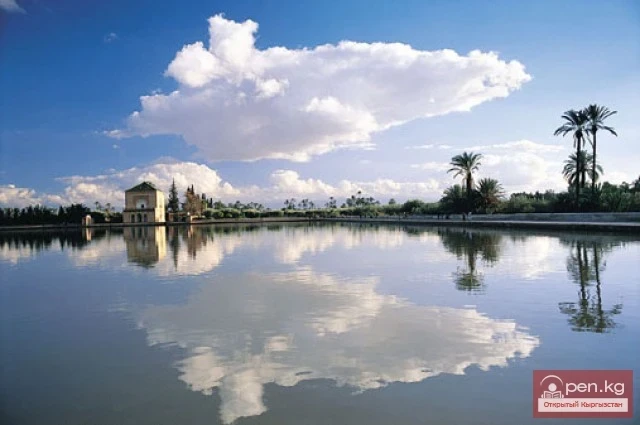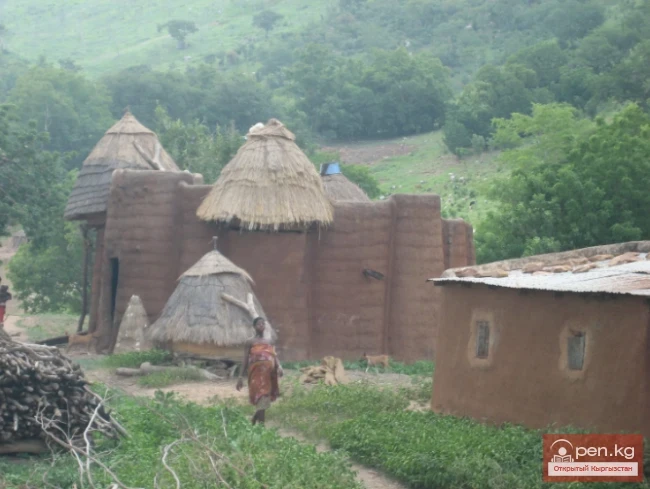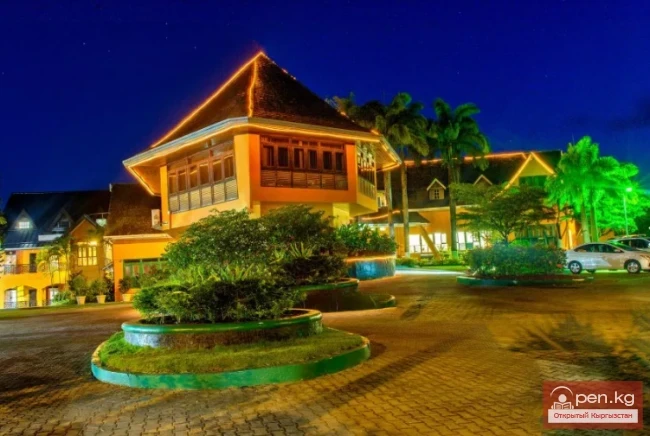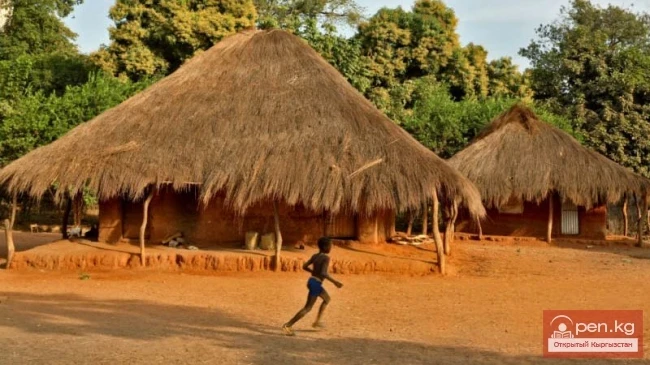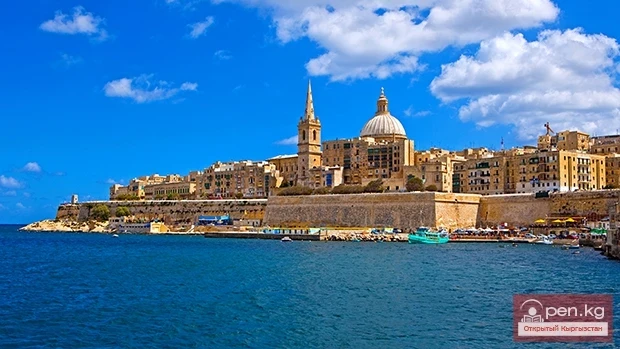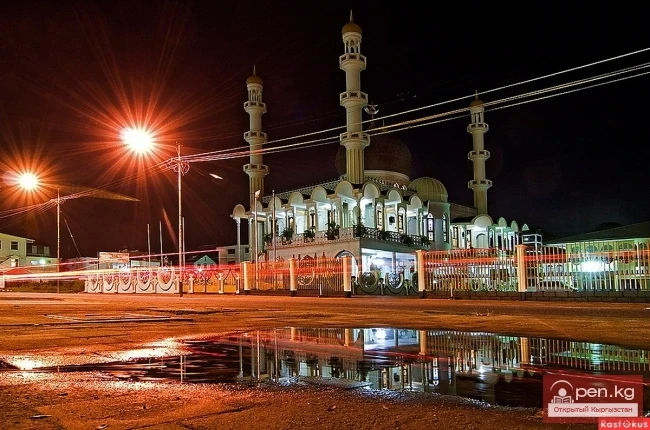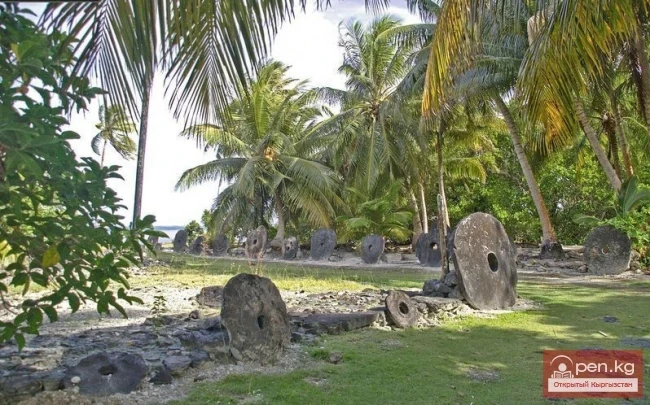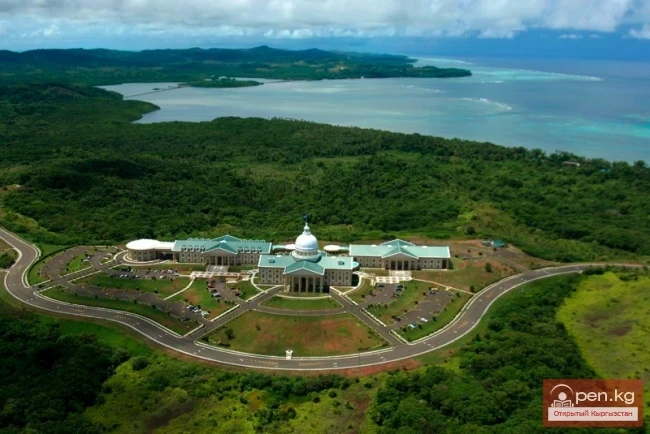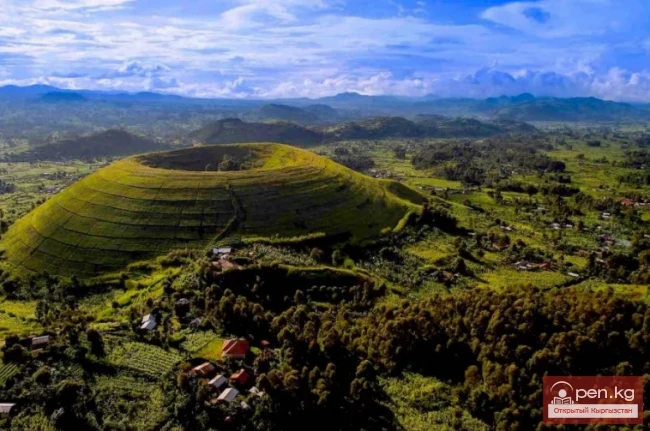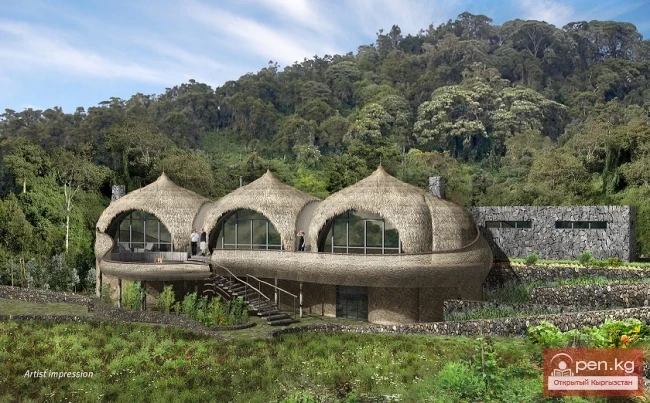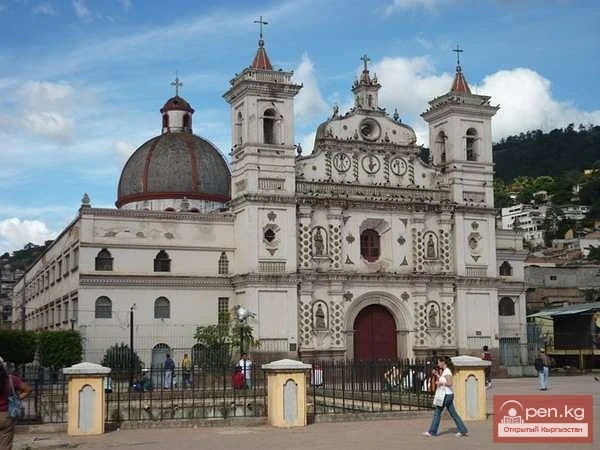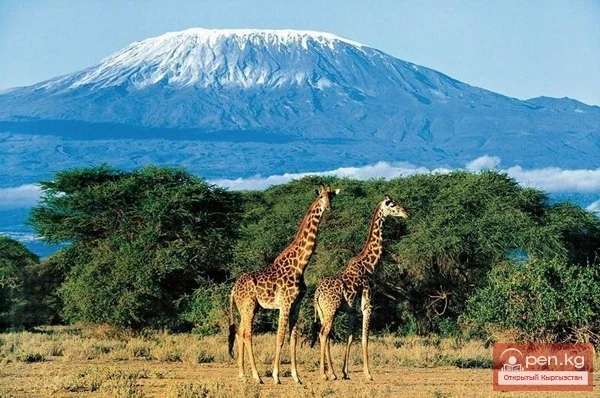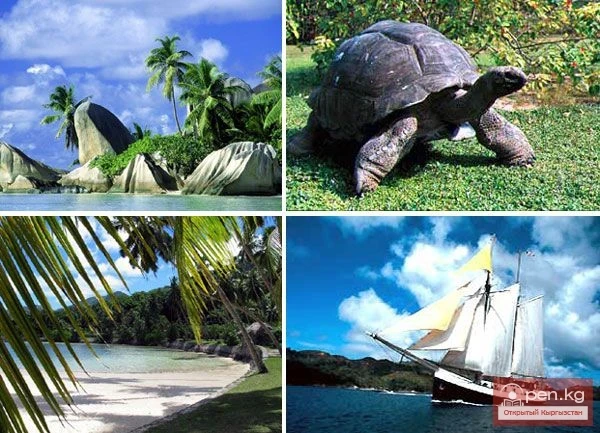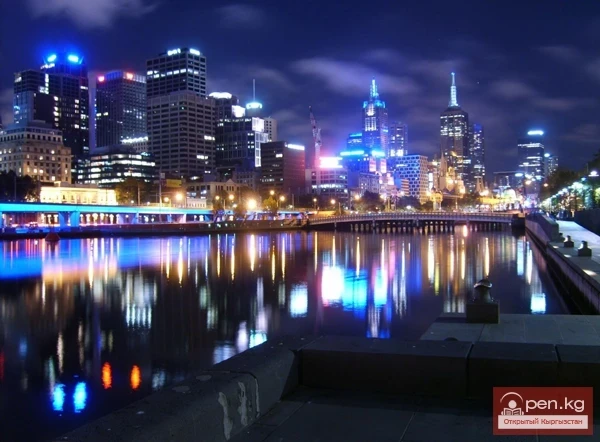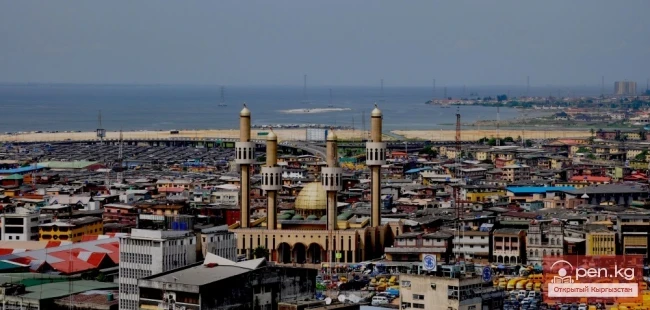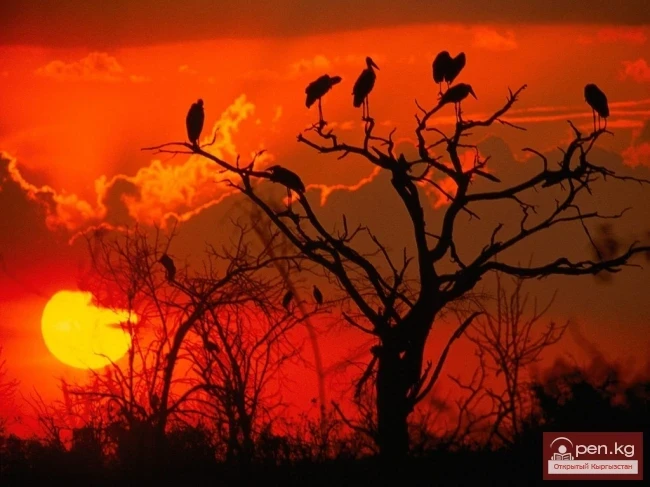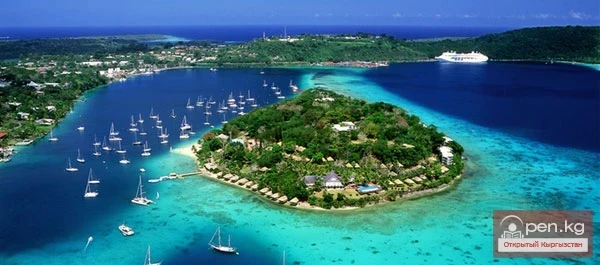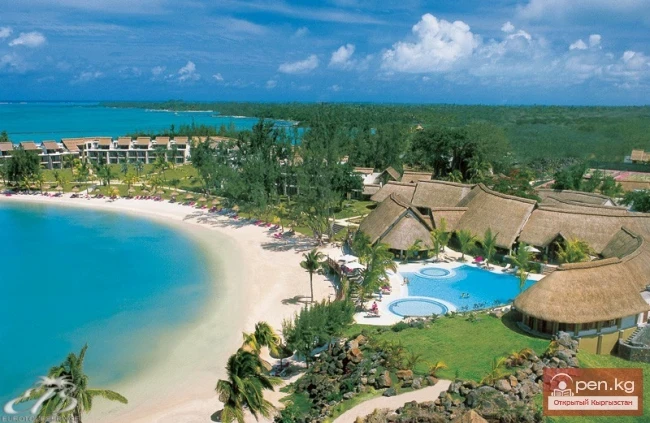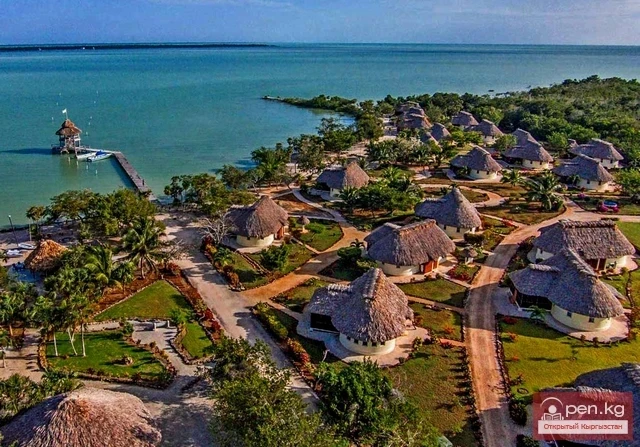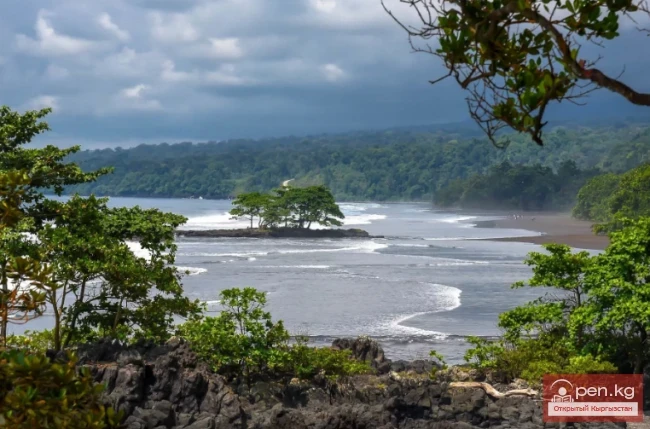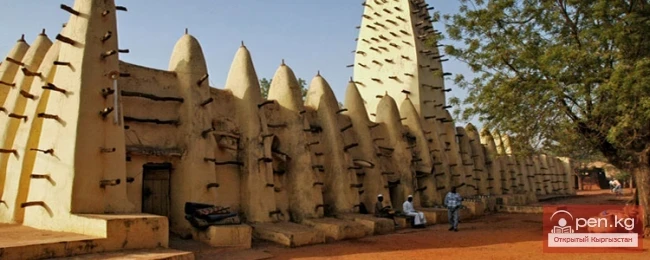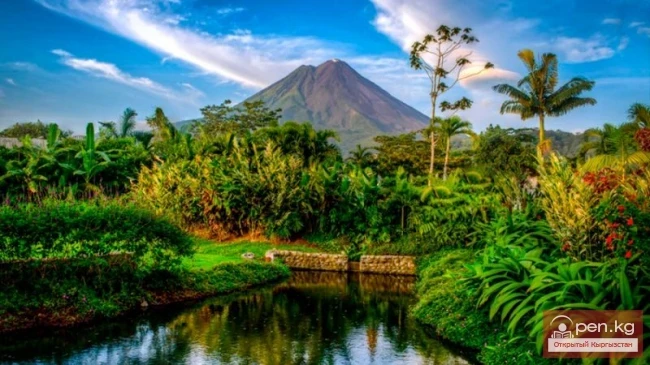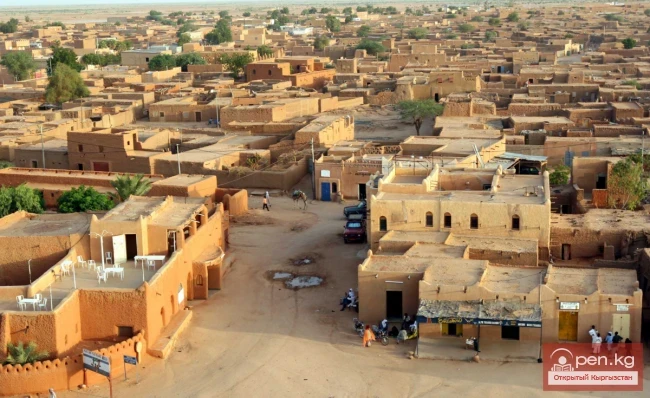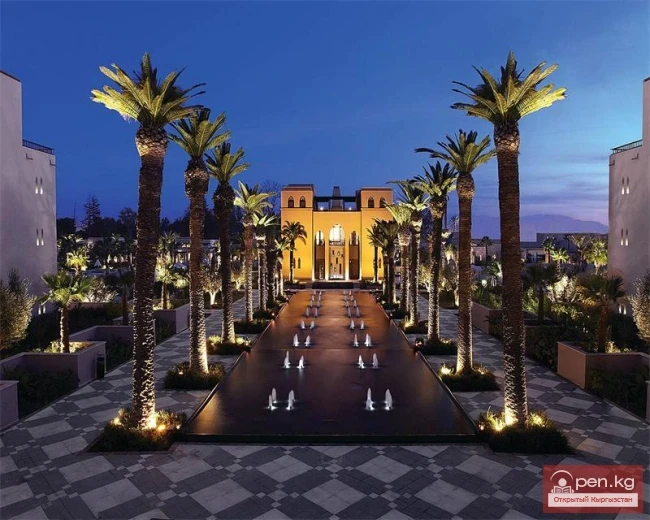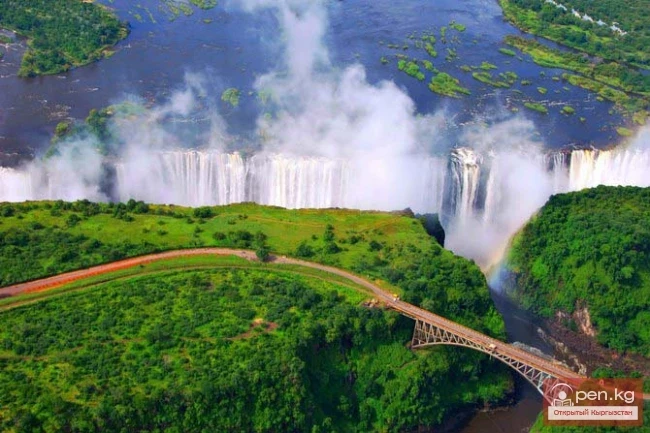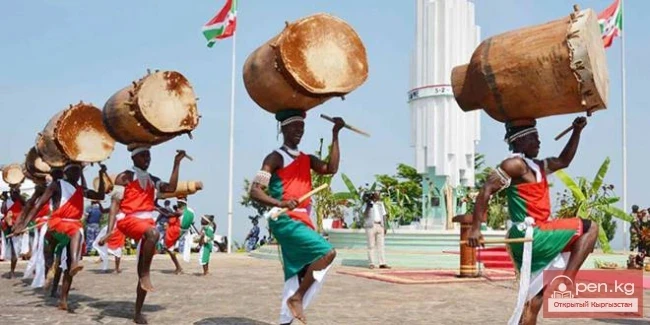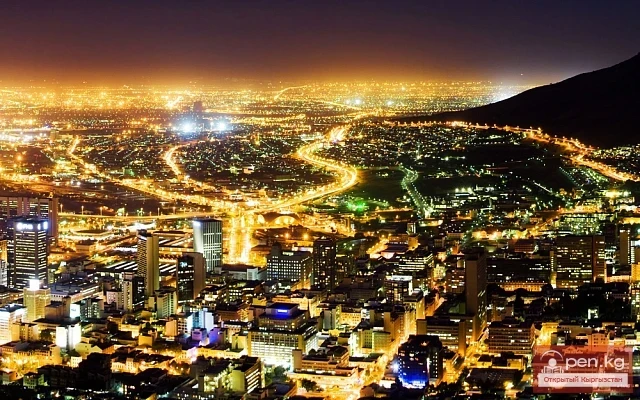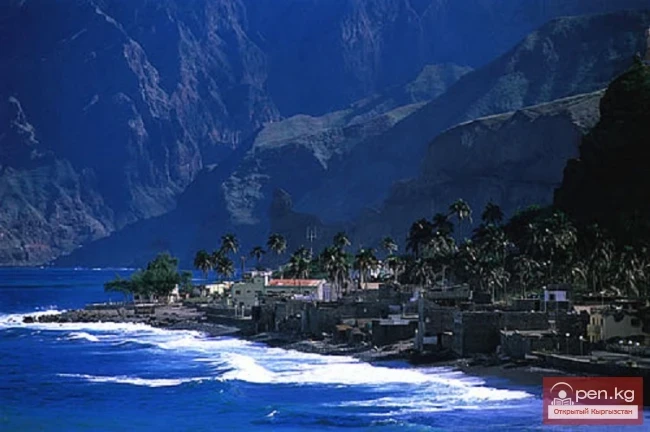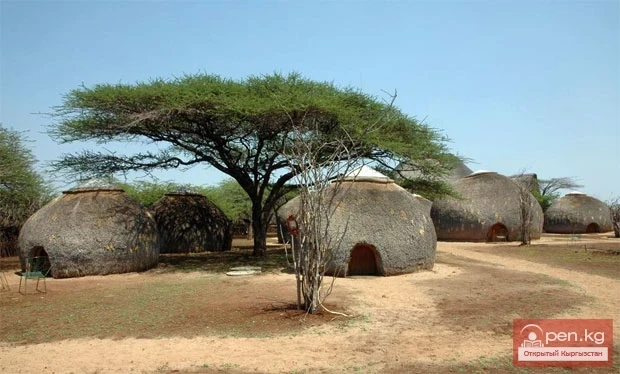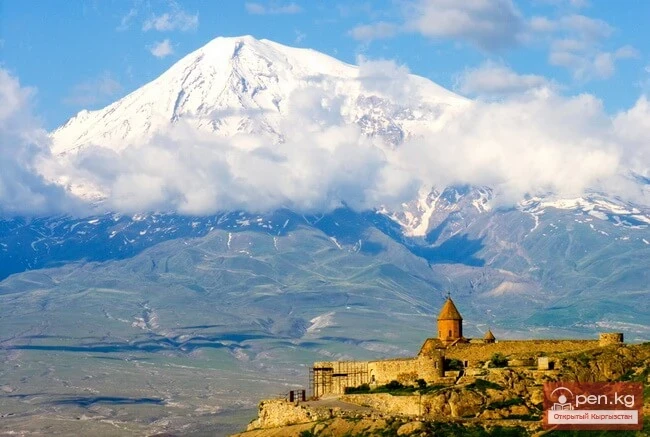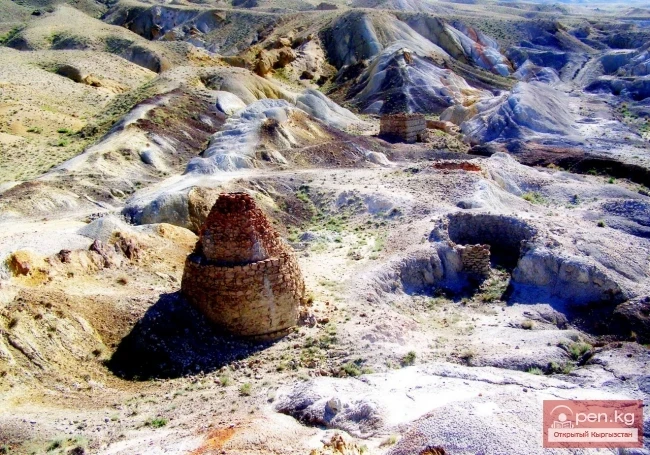CONGO. Republic of the Congo
A country in Central Africa. Area — 342,000 km². Capital - Brazzaville (approx. 950,000), major cities: Pointe-Noire (530,000), Dolisie, Loubomo, Djambala. Administratively, the territory of Congo is divided into the autonomous commune of Brazzaville and 10 regions. Population - 3.8 million (2004). Main ethnic groups - Kongo, Batéké, Mboshi, among others. Official language - French. Religion: over 50% of the population adheres to traditional beliefs, 25% are Christians, 6% practice Islam and other religions. Currency - Central African CFA franc (CFA franc).
It has diplomatic relations with the Russian Federation (established with the USSR on March 16, 1964).
National holiday - August 15 - Independence Day (1960).
According to the constitution (January 2002) - a presidential republic. The head of state is President D. Sassou-Nguesso. The president is also the head of government. Prime Minister - I. Mvouba. Legislative body - bicameral parliament. The upper house - the Senate, the lower house - the National Assembly (term of office - 5 years).
About 400 political parties and public associations operate in Congo. The ruling regime relies on the coalition "Union of Democratic Forces," the core of which is the Congolese Labour Party (CPT). Opposition parties are experiencing a period of splits and reorganizations. The strongest positions in the southern regions of the country are held by the Pan-African Union for Social Democracy (PUSD) and the Congolese Movement for Democracy and Integral Development (MCDDI).
The Republic of the Congo is a former colony, seized by France in the late 19th century.
In 1958, it became a self-governing republic within the French Community. After declaring independence on August 15, 1960, pro-French president F. Youlou came to power. After his overthrow in 1963, A. Massamba-Débat became the head of state. In 1968, as a result of a coup, power in the country passed to the military led by M. Ngouabi, who became the president of the country. After his assassination in 1977, the authority was exercised by the Military Committee, created in 1969 by the decision of the Congolese Labour Party (CPT). In 1979, at an extraordinary congress of the CPT, D. Sassou-Nguesso was elected president of Congo, remaining in this position until 1992. In 1991, a National Conference took place, marking the beginning of democratic transformations in Congo, transitioning the country to a multiparty political system. In 1992, P. Lissouba became president. During the second civil war (June - October 1997), P. Lissouba was defeated and left the country. In October 1997, army general D. Sassou-Nguesso, the opposition leader, took the oath as president of Congo after establishing control over the entire territory of the country. In November 1997, a coalition government of national unity was formed. In March-April 2001, a National Dialogue was held in Congo with the participation of representatives of the main political forces in the country and part of the external opposition. The dialogue concluded with the signing of the Convention on Peace and National Reconciliation. In January 2002, a constitutional referendum was organized. In March 2002, presidential elections were held, during which D. Sassou-Nguesso confirmed his powers.
Congo is a member of the UN and the African Union.
The economy of Congo is oriented towards extractive industries, predominantly occupied by French companies. About 40% of the active population is engaged in agriculture. GDP amounts to $1.7 billion. The main natural resources are oil and timber. The country's leadership is pursuing a course towards creating a liberal economy with an emphasis on developing private, including foreign capital, and attracting external investments. The backbone of the economy consists of oil extraction (2005 - 13.3 million tons) and timber (600,000 m³) industries. There are about 300 large and medium-sized enterprises operating in the oil, timber processing, and food industries.
Agriculture is low-yielding and does not meet the country's food needs. Peanuts, cassava, corn, cocoa, and coffee are grown.
The road network is 15,000 km, of which about 1,500 km are paved. The Trans-Congolese railway operates (510 km). River transport is used. The seaport is in Pointe-Noire. International airports are in Brazzaville and Pointe-Noire.
Congo exports oil (about 90% of export value), timber, and plywood, and imports machinery and equipment, consumer goods. The main foreign trade partners are France (25% of exports and 50% of imports) and the USA (40% of exports and 7% of imports).
The external debt amounts to $8.4 billion.
In Brazzaville, there is a university and several specialized higher educational institutions.
The mass media have a weak material and technical base. There are more than 10 weekly publications. There is a national television and radio channel, and the government Congolese Information Agency - KIA operates.
